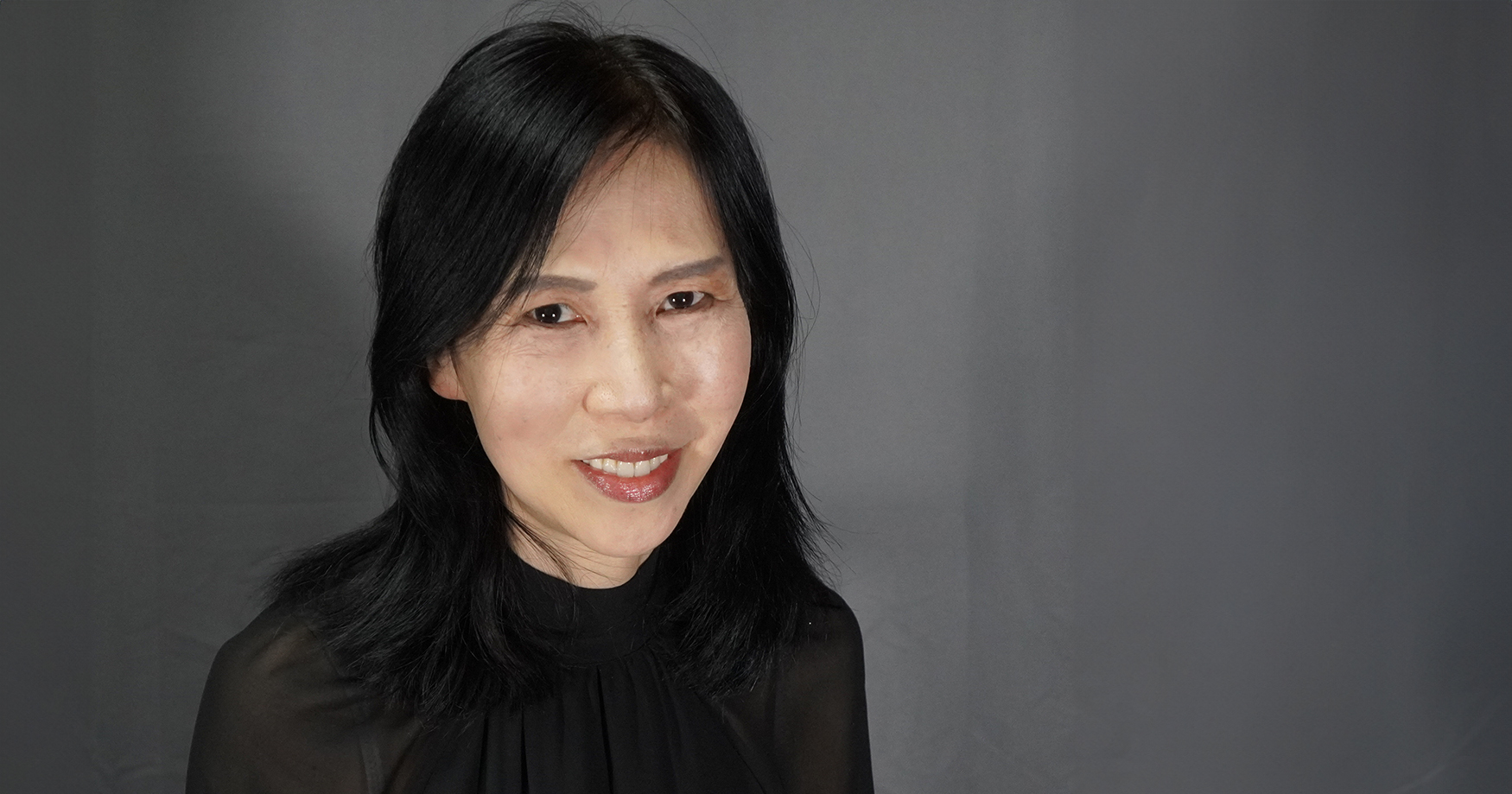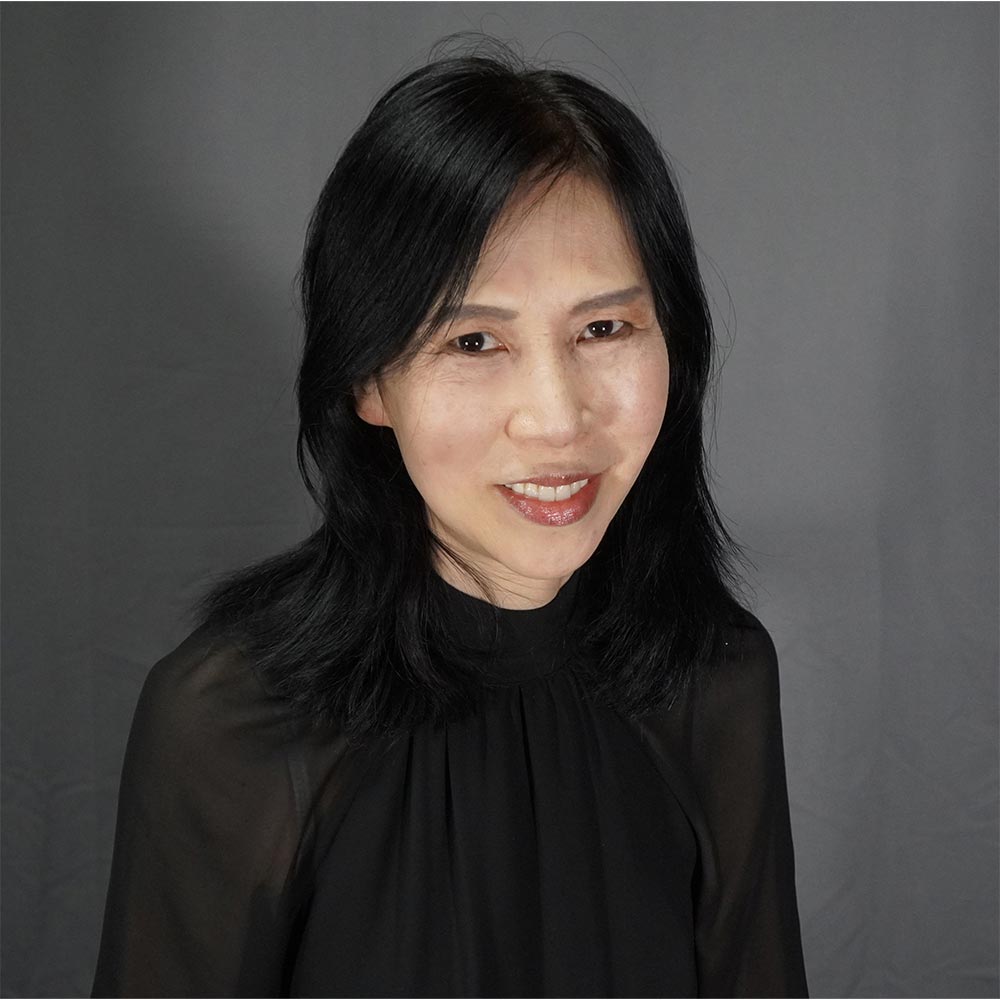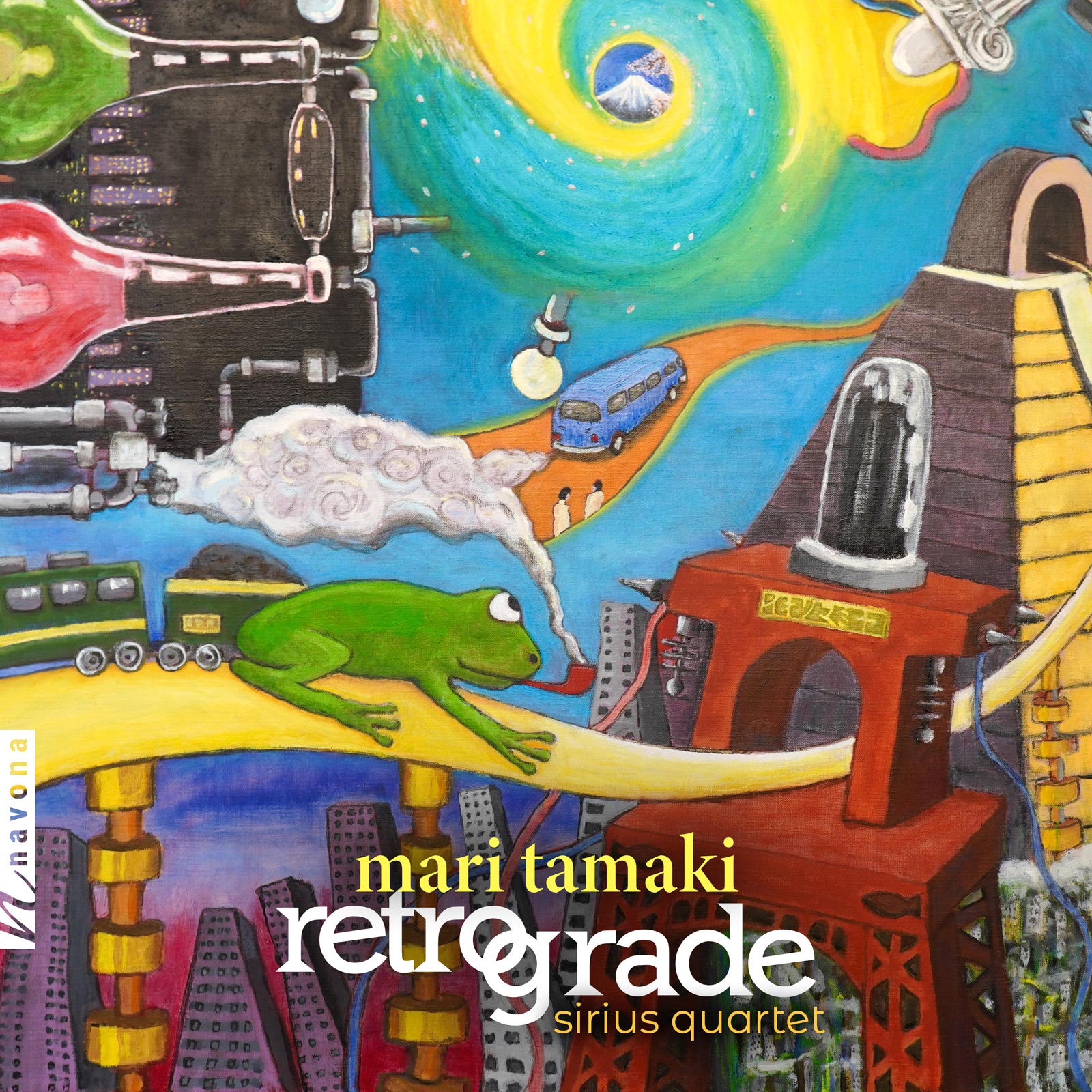
RETROGRADE by Sirius Quartet is a collection of innovative string works from Mari Tamaki. Tamaki, a Japanese cellist, composer, performer, and producer, conjures up drama through intense dissonances and delicate tonal harmonies throughout. The result is elegant and dynamic, drawing on Tamaki’s classical, improvisational, and avant-garde influences.
Today, Mari is our featured artist on the “Inside Story,” a blog series exploring the inner workings and personalities of our composers and performers. Read on to learn why she keeps staff paper in her car and why she’d like to collaborate with Pink Floyd’s David Gilmour…
Tell us about your first performance.
When I was 5 years old, my first performance was The Spinning Song at a piano recital. I started playing the piano when I was 2 and a half years old with a teacher in the neighborhood. When I was 4 years old, I started taking lessons from a teacher who was an active soloist and I started learning the piano seriously.
My first teacher always gave me candy after the lesson and I enjoyed her lessons very much. However, my second teacher was very strict and her lessons were difficult for my age. When I performed The Spinning Song on the stage, I had a sense of accomplishment and joy. I was glad that I was taught by a soloist teacher.
If you could collaborate with anyone, who would it be?
The musician I would like to collaborate with is David Gilmour. His guitar playing is exquisite, his melody lines are beautiful. I think his music expression is amazing. I always think it would be great if I could work with Gilmour.
What emotions do you hope listeners will experience after hearing your work?
I compose all of my pieces to evoke scenes. I’d like listeners to think that images come to their minds just by listening to my pieces — like watching movies. There’s more of a smooth story arc than clear definition of the beginning, development, and conclusion. The image is not definitive. It’s totally up to listeners where and how their imagination goes to and expands.
What were your first musical experiences?
My father was a music lover who listened to music that originated from various countries. As a musician I have the privilege of knowing more songs than anyone else because I grew up in a house where there was music all the time. My father played the accordion since his college days and used to perform at parties. Thanks to my father, he gave me opportunities to enjoy various concerts with Sonny Rollins, Juliette Greco, and the Berlin Philharmonic since I was a child. I think he had a great influence on my musical life.
Where and when are you at your most creative?
When I was a child, I often had sleepless nights because a symphony played in my mind from the first movement to the fourth movement, but, in fact, it looped back to the first movement and never ended. I came up with the idea of playing a melody that I composed to conclude the piece. It worked and I was finally able to fall asleep. I don’t have such worries now, and I mostly compose while driving. I always keep music notation on the dashboard of my car because it comes to mind when I’m driving.
What’s the greatest performance you’ve ever seen, and what made it special?
It was at a Karajan Berlin Philharmonic concert. I was lucky enough to get a seat in the middle of the second row from the front, so Karajan was right in front of me and I could feel his breathing. It was a performance of Schubert Symphony No. 8 Unfinished.
At the end of the second movement, Karajan gently and slowly grasped the tact. I trembled as I felt that not only the sound of the orchestra but also the breath of audience in the venue was inbreathed into his tact. I realized that I involuntarily stood up from my seat. Later, I realized that the entire audience stood up as if they were enchanted by magic. It was an amazing experience. It was an indescribably moving day with a wonderful performance. I witnessed the greatness of Karajan that time.

Mari Tamaki is a Japanese cellist, composer, performer, and producer whose great improvisational and compositional skills create fascinating music, fluidly crossing genres both classical and contemporary. As a composer, she has successfully created works in a variety of styles, including classical music, progressive rock, free improvisation, avant-garde, and collaboration with the Butoh dance form. In her pieces, she skillfully transitions from tense dissonance to complete harmonization by the end. She employs a lyrical style while emphasizing dissonance.

